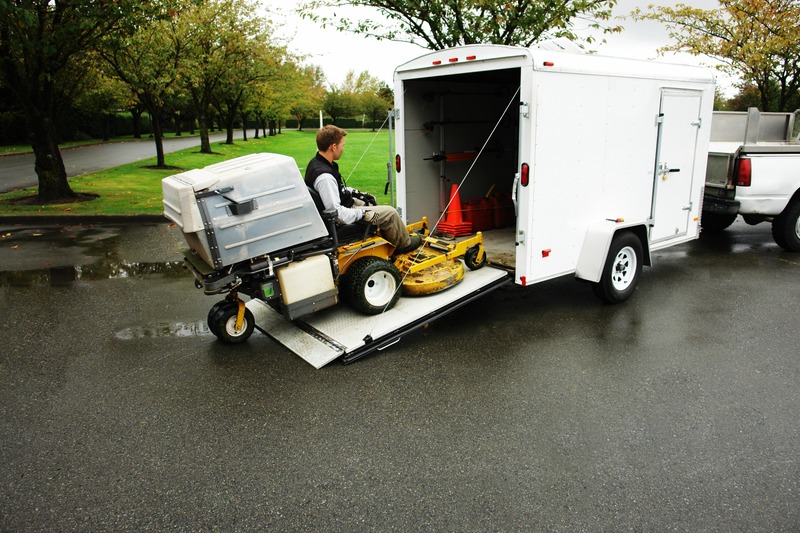Enclosed Cargo Trailers, Trailer Advice, Trailer Buying Guides
We get many calls from customers asking us about the wide range of brands and prices that are available in the enclosed cargo trailer market. It is very easy to fall into the trap of thinking “It’s just a box on wheels with painted aluminum sheeting and a...




